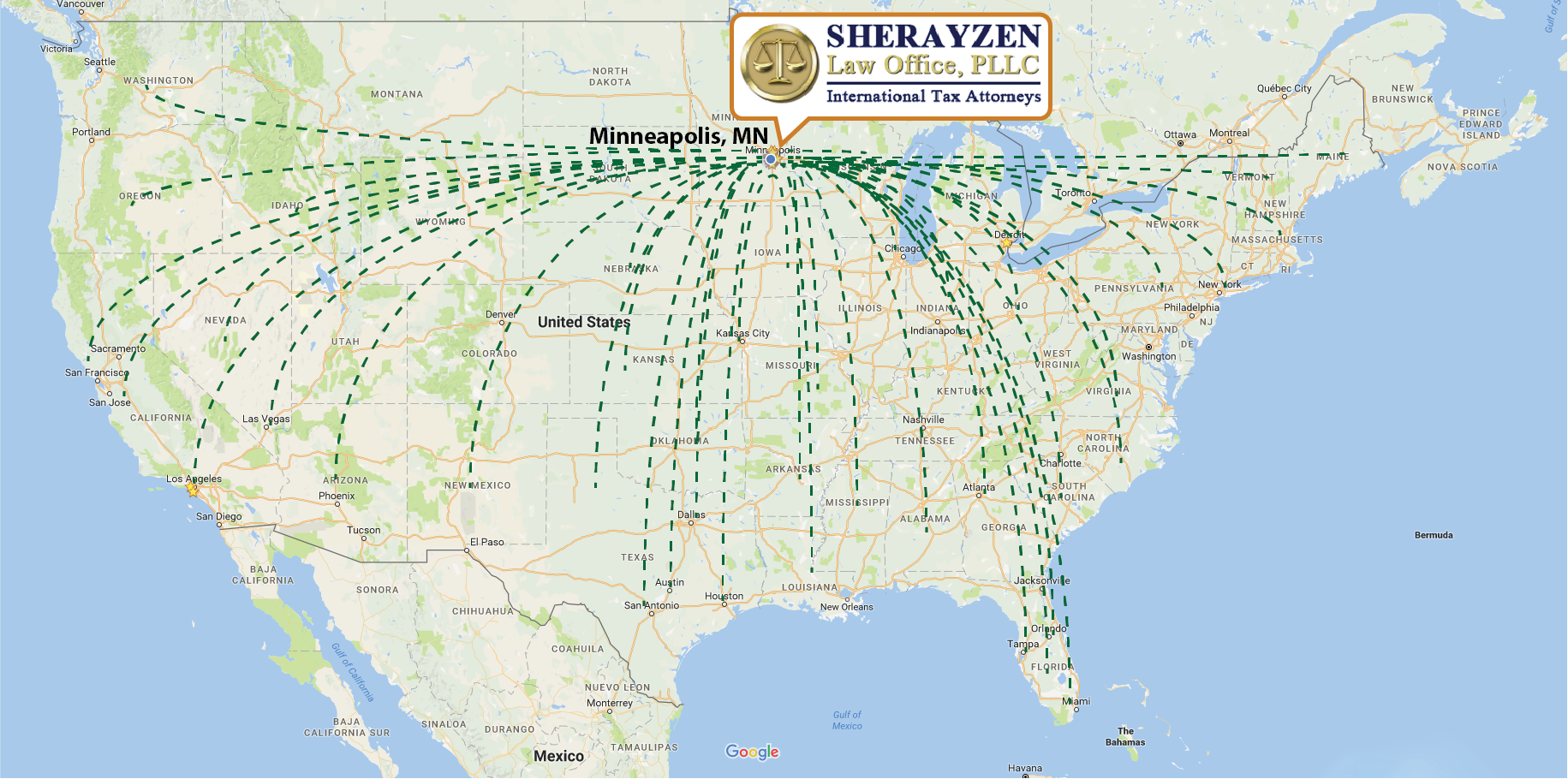US Tax Residents in Mexico: US Tax Obligations | International Tax Lawyers Laredo Texas
Hello and welcome to Sherayzen Video Blog. My name is Eugene Sherayzen and I’m an international tax attorney and owner of Sherayzen Law Office, Ltd.
Today, I’m standing on the border of the United States and Mexico near Laredo, Texas. As you can see, this is the Rio Grande that separates Mexico from the United States and you can see over there, there is the fence from the US side separating the border.
What I would like to talk to you about today is how this fence and this border affect the perception of people with respect to their US international tax compliance requirements and why many of these perceptions are absolutely wrong. A lot of people think that once they cross this river from the United States into Mexico, that their US tax reporting requirements have ended – a lot of people think they’re not responsible for anything to Uncle Sam and this is absolutely wrong.
I have seen a lot of examples, by the way of this, where people think that ‘Well, I have a business in Mexico; I’ve crossed the border. I don’t own anything to the IRS’. That is not correct. As a US citizen or a US permanent resident who maintains his US permanent residency, that is he’s not abandoning his US permanent residency, he is required to disclose his worldwide assets and worldwide income and foreign assets.
In essence, there are two reporting requirements: one is the worldwide income – that is income that is earned anywhere in the world, whether it is inside of the United States or outside of the United States, that income has to be disclosed on your US tax return and you have the obligation to disclose your foreign assets on US information returns as long as you, of course, satisfy the filing threshold. For example, if you have foreign bank accounts, this means that you need to disclose these foreign bank accounts on forms like FBAR and Form 8938 as long as you satisfy the threshold. If you have a foreign business, if it is a foreign corporation, then you have to disclose it on Form 5471 as well as related forms concerning the transactions between you and the corporation, or certain transactions that the corporation performs. For a controlled foreign partnership, it’s Form 8865 and if you have a disregarded entity, then it’s form 8858, etc etc.
Basically the point being said: if you have foreign assets, you have to disclose them to Uncle Sam irrespective of whether you reside in the United States or outside of the United States on the other side of the border in Mexico. All of these obligations are very important; they carry significant noncompliance penalties and you want to make sure that you avoid them.
The other important thing to understand is that your obligations to the IRS, once you cross the border, not only will they not decrease, they’re more likely to increase significantly vis-a-vie what you used to do while you were here in the United States. Again, this is the rule that applies to US tax residents of any type: whether you are a US permanent resident or a US citizen.
If you would like to learn more about your US international tax reporting requirements, you can call me at (952) 500-8159 or you can email me at [email protected]
Thank you for watching, until the next time.



